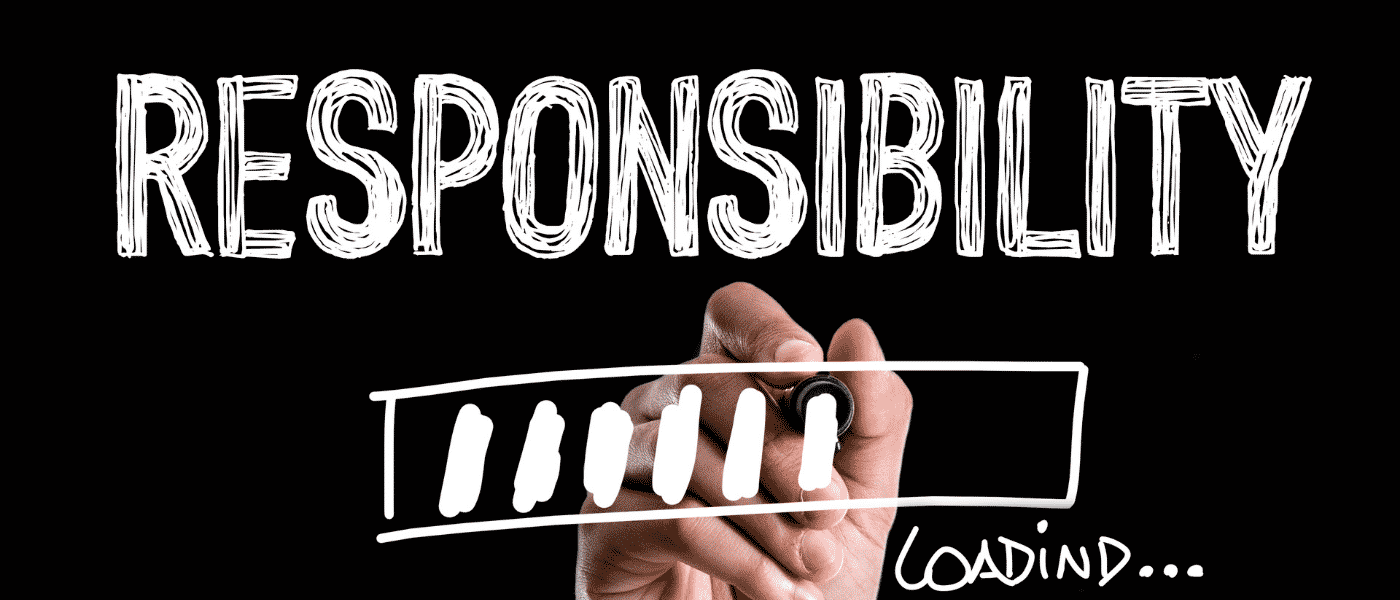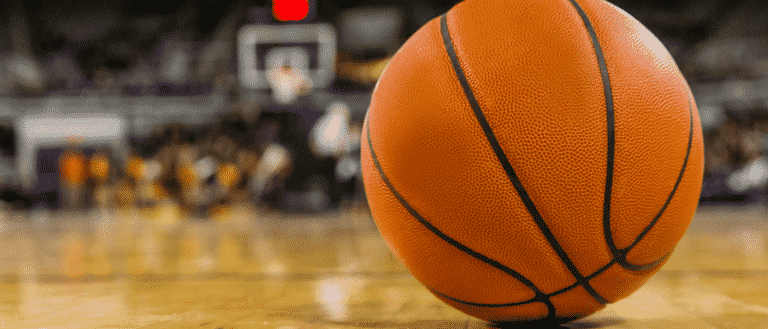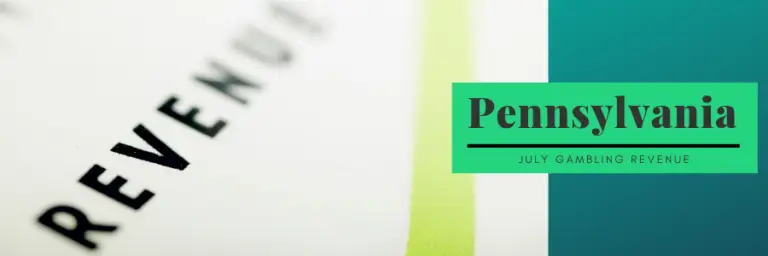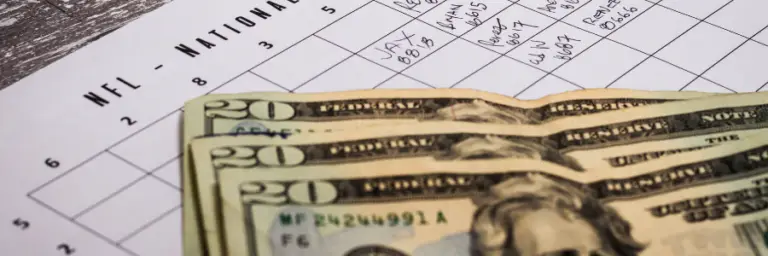Kindred “Zero Harm” Responsible Gambling Initiative

Net-zero is all the rage, and it’s not just an aim in the debate around climate change. In the gambling sector, achieving zero harm for consumers from their gambling activities is similarly a goal that has come into vogue.
In February, Kindred became the latest company to launch a responsible gambling initiative where the aim was explicitly to .
To further its aim, the company said it was the first within the sector to specifically report the proportion of total revenue derived from harmful gambling. Ahead of the company’s Kindred released the latest update on its progress showing the rate decreased slightly to 3.9% of revenue.
“We have been investing in developing technologies to detect and prevent problematic gambling for many years,” says Maris Catania, Kindred’s head of responsible gaming and research.
No one doubts that Kindred is sincere in its aims. “This is a decision that we have taken but reducing harmful gambling in society is a long-term process which requires a fact-based, open, and constructive dialogue among all stakeholders,” says Catania.
To avoid any charges of window dressing, the company has laid out how it is implementing its own Player Safety Early Detection System (PS-EDS) to identify how to achieve its target and encourage others to follow its example.
“To ensure alignment across the industry we have invited researchers to help us improve PS-EDS and we are transparent on the methodology we use,” says Catania.
Reach Out, I’ll Be There
However, it is on the issue of whether Kindred is leading by example that questions arise. Dan Waugh, a partner at Regulus Partners, points out that though Kindred cites widely recognized DSM criteria, it leads us into the weeds of whether diagnostic criteria for gambling disorder can be gleaned from player data.
“There are two key areas where this seems to have promise – loss-chasing and tolerance – but even here, it is as much art as science,” he says. When it comes to the DSM criteria, such as whether a customer has risked a relationship or borrowed money to gamble, he suggests it would be hard for anyone at Kindred (or any other operator) to know, and it is unclear how the company expects to achieve this.
“What they are doing is interesting but highly speculative,” he added.
Even if Kindred were able to identify and exclude from its customer base DSM-5 problem gamblers with complete accuracy, it still would not support a claim of zero harm.
“Harm is loosely defined and the DSM-5 screens for a very limited number of harms,” Waugh says. “The first issue, therefore, is that prevalence surveys show that a small proportion of people who are not classified as problem gamblers under the DSM do experience genuine harms related to their gambling.
“The second is that how one measures harmful gambling is dependent on how one classifies harm – and in recent years there has been a concerted effort from public health to expand the range of consequences from gambling considered harmful.”
False Starts
That raises the question, given the problems being encountered, is the path taken by Kindred likely to be followed by others in the sector? A far from satisfactory example has been set previously by William Hill, which, to some fanfare, announced a ‘nobody harmed from gambling’ campaign in 2018, setting itself similarly lofty aims to eliminate problem gambling among its customers.
That effort came in for criticism at the time for what appeared to be a lack of a plan on how this was to be achieved and, perhaps more telling, commentary questioning whether the overall aim was indeed ever achievable.
Catania says Kindred has been “commended” by regulators and other stakeholders for “addressing myths and sharing our data and information.” But no one has specifically taken the same route as Kindred, probably for the very good reason that lining the sector up behind one banner on problem gambling is something best organized by industry bodies.
In the UK, the Betting and Gaming Council (BGC) has a range of safer gambling initiatives, from research into problem gambling to specific campaigns around safer marketing, player protection, and its own Bet Regret advertising effort.
But as BettingUSA has outlined before, these efforts came in the wake of an online betting boom. Perhaps unfairly, the current efforts in the UK are seen as a response to a growing crisis over gambling rather than a worthwhile endeavor in and of themselves.
The Kindred effort should perhaps be seen in this light. The promise to move to zero has a ring to it. However, as with climate issues such as carbon emissions, setting a target of zero and actually hitting it – to the satisfaction of observers – is a different task altogether.
Scott Longley has been a journalist since the early noughties covering personal finance, sport and the gambling industry. He has worked for a number of publications including Investor’s Week, Bloomberg Money, Football First, EGR and GamblingCompliance.com. He now writes for online and print titles across a wide range of sectors.





